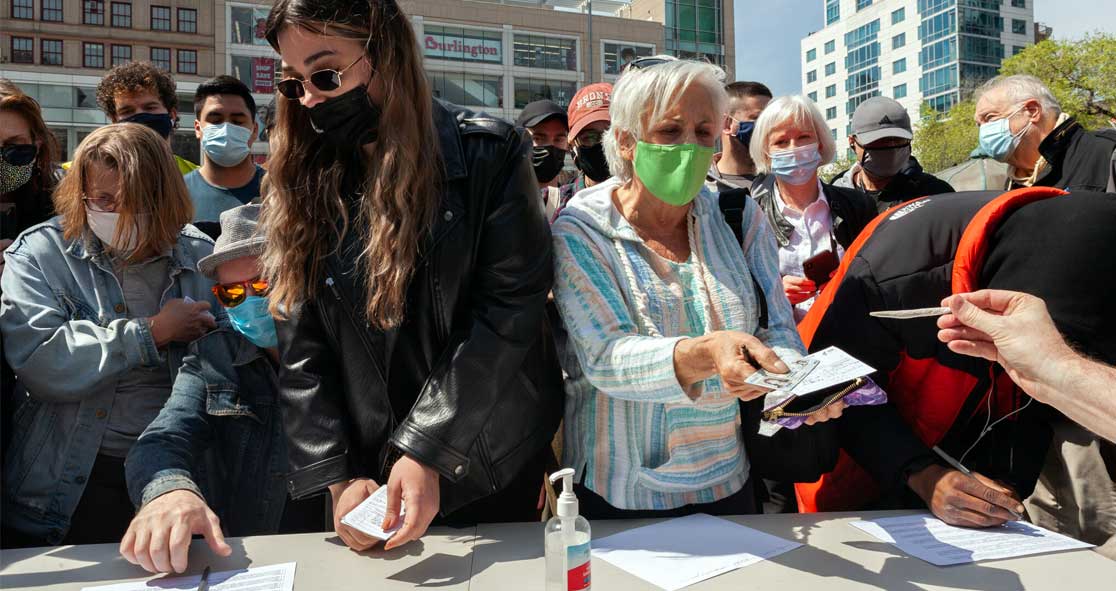In an article published in The Conservation, Isabelle Brocas, professor of economics at the University of Southern California, has explained how some states, cities, and even companies are offering incentives to motivate people to get vaccinated against the deadly coronavirus.
For instance, New Jersey has been offering a free beer for those how can prove they have received their shot; Maryland is offering state employees $100; Lancaster, California, is trying to encourage teenagers to get vaccinated by entering their names in a raffle for college scholarships worth up to $10,000.
Even companies have been offering paid time off, gift cards, donuts, a burger, and French fries.
Public health officials have constantly been saying that it is important to achieve herd immunity in order to end the pandemic, meaning we need to have 60% to 90% of the population vaccinated, including children.
However, surveys have suggested that more than one-third of American adults are reluctant or hesitant to get the vaccine.
Prof. Brocas, who is also the co-director of the Los Angeles Behavioral Economics Laboratory, said her research focuses more on why states, cities, and companies are making those decisions.
“I believe incentives can work, but there are two other important tools in policymakers’ behavioral toolkits as well,” she wrote in The Conversation.
“The intention to get vaccinated may be influenced by factors including education level, religious beliefs, or political affiliation,” Prof. Brocas continued. “Some of the reasons people give for not wanting to get vaccinated can probably be addressed, while others may be insurmountable.”
“But to induce people to make decisions that they are not willing to make, one needs to shift their motivations.”
She explained that economic incentives could make a decision more pleasant by offering rewards or lowering costs. “Governments could also make it easier to get a shot by doing things like adding vaccine sites at subway stations,” she wrote.
Even the U.S. Centers for Disease Control and Prevention (CDC) has recently offered a type of motivation by stating that vaccinated people could go maskless in most settings, including indoors.
“I believe a combination of incentives and other motivations stand a good chance of helping the U.S. reach herd immunity and ultimately end the pandemic,” Prof. Brocas wrote. Read the original article “Beer, doughnuts and a $1 million lottery – how vaccine incentives and other behavioral tools can help the US reach herd immunity” written by Prof. Brocas, which was published online Monday on The Conversation.























